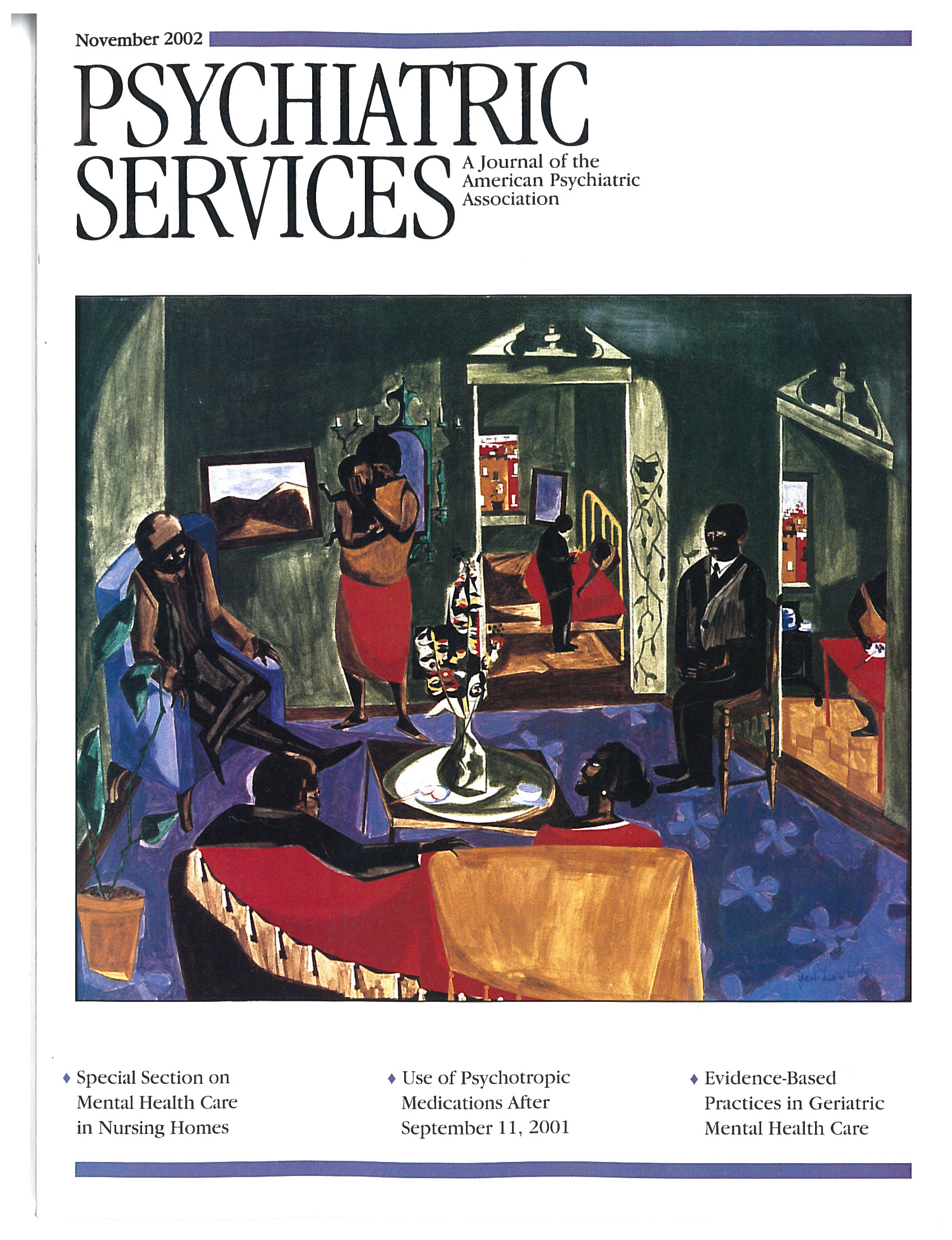Patients' Perceptions of Intensive Case Management
Abstract
OBJECTIVE: The authors examined patients' perceptions of their case management care and the factors that influenced those perceptions. METHODS: A nine-item patients' perceptions questionnaire was administered to 225 patients with severe psychosis who were enrolled in a randomized controlled trial evaluating the efficacy of intensive versus standard case management. RESULTS: Factor analysis of the responses to the perceptions questionnaire revealed two principal components: quality of care received (including relationship and contact with the case manager) and overall perception of case management. Patients had a better overall perception of intensive case management compared with standard case management, but no significant differences were noted in perceived quality of care. Patients with female case managers had more positive perceptions of the quality of the care they received than those with male case managers. Several clinical and social variables were strongly associated with perceived quality of care but less so with overall perception of case management. CONCLUSIONS: Patients' general perceptions of intensive case management seemed more favorable than patients' general perceptions of standard case management, but no difference was noted in their perceptions of quality of care.



